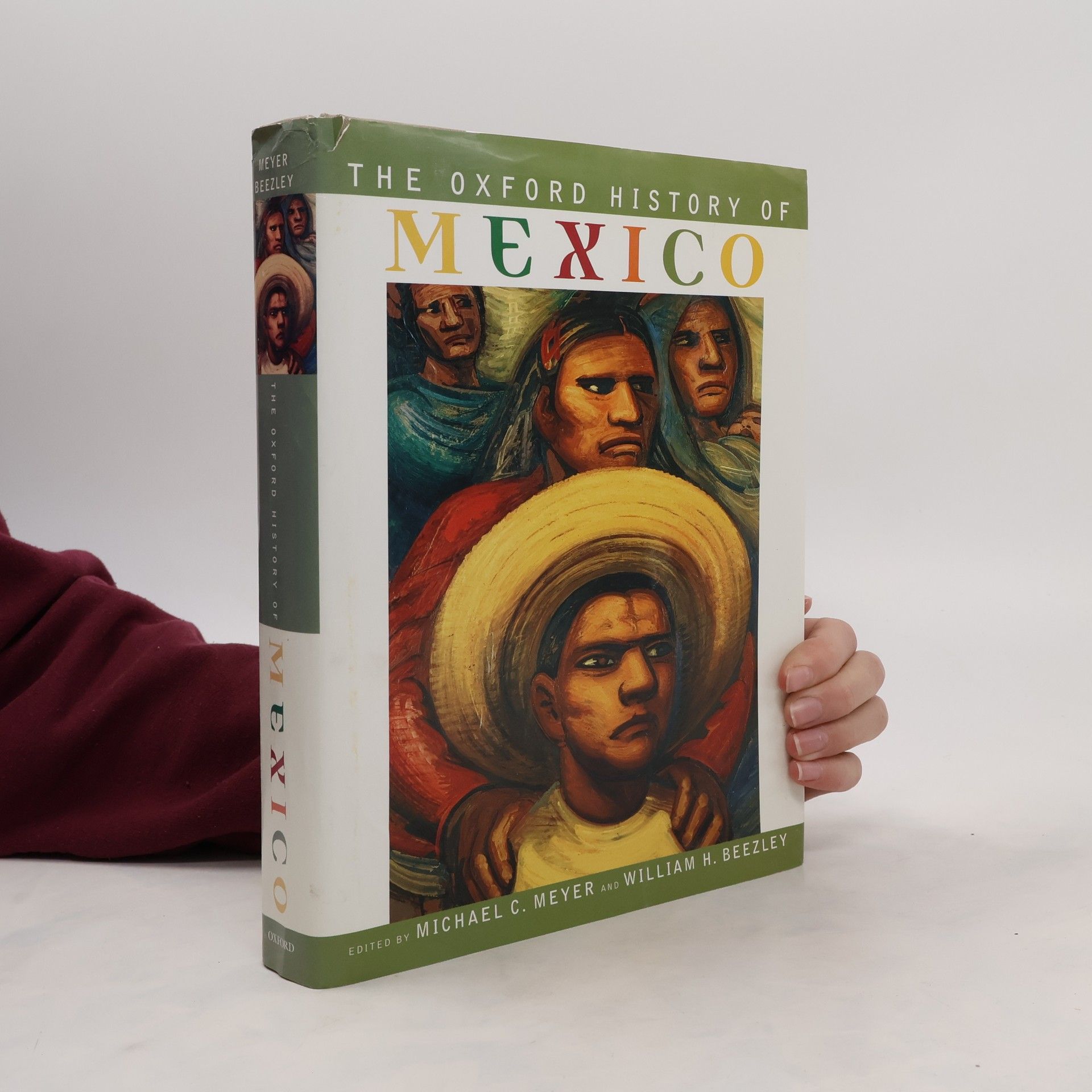The Oxford History of Mexico
- 736bladzijden
- 26 uur lezen
Mexico is a country of fascinating contrasts--glorious history and tumultuous politics, extraordinary culture and desperate poverty, ancient traditions and rapid modernization. Yet despite the growing curiosity about Mexico due to increased trade and commerce, mostly resulting from NAFTA, as well as increased tourism and immigration, there is presently no up-to-date, accessible history of Mexico for general readers. The Oxford History of Mexico, edited by Michael Meyer and William Beezley is a comprehensive, lucidly written, and fully current narrative history by twenty of the most esteemed historians of Mexico writing today. Drawing on radical changes in scholarship on Mexico over the past 15 years, The Oxford History of Mexico covers all aspects of the rich history of Mexico from precolonial times to the present. Exploring politics, religion, technology, modernization, ethnicity, colonialism, ecology, the arts, mass media, and popular culture, The Oxford History of Mexico provides a wealth of information for all readers interested in this remarkable country. Fully illustrated, with black-and-white photos throughout and a sixteen page color insert, suggestions for future reading, an index, and a glossary, this is the fullest and most engaging history of Mexico available today.

